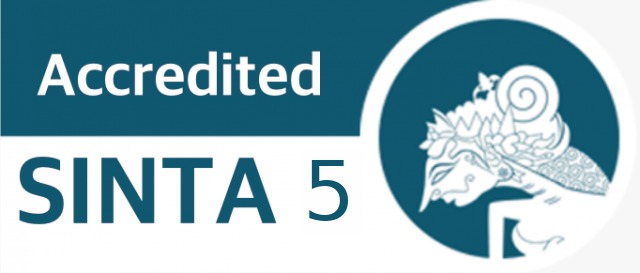PERAN FILANTROPI ISLAM DALAM MENGHADAPI KESENJANGAN SOSIAL EKONOMI
Abstract
In the Indonesian context, social inequality is a serious problem, especially economic inequality that results in conflicts such as poverty. Lack of employment, especially as companies shift to advanced technologies, is one of the main factors leading to poverty and unemployment. This creates difficulties in access to education, health and nutrition, and lowers productivity. Islamic philanthropy offers concepts such as zakat, infaq, shadaqah and waqaf to address socio-economic disparities. However, there are several factors that hinder the development of the concept of Islamic philanthropy in Indonesia. One of them is the low level of public knowledge about the benefits and functions of Islamic philanthropy, as well as the high consumptive nature and lack of trust in philanthropic institutions. In this study, researchers used a qualitative research method by searching for journals that refer to Islamic philanthropy. This design was chosen because it allows researchers to find out the role of Islamic philanthropy in dealing with the socio-economic gap in Indonesia, by finding out what factors can hinder the development of the concept of Islamic philanthropy in Indonesia. Strategies to improve the effectiveness of Islamic philanthropy include more in-depth socialization of ZISWAF institutions and regulations, the establishment of more relevant regulations, and the development of innovative programs that focus on poverty alleviation in Indonesia.
Downloads

This work is licensed under a Creative Commons Attribution 4.0 International License.









